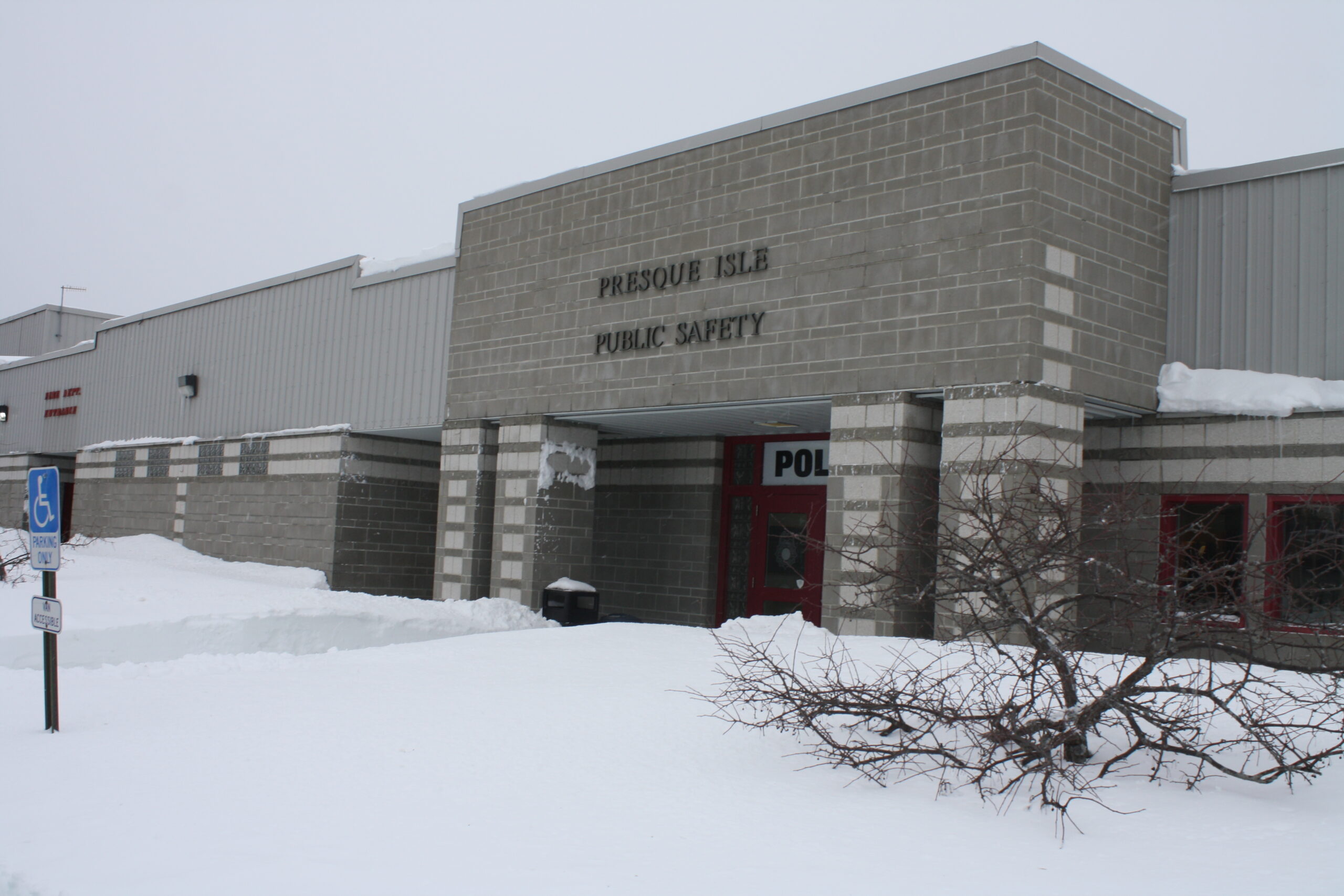
PRESQUE ISLE, Maine — The Presque Isle Police Department conducted 41 domestic violence-related arrests in 2018, an average that police chief Laurie Kelley says has remained relatively steady during the past several years.
“On average we usually see at least one domestic violence-related arrest per week,” Kelley said. “Sometimes there’ll be weeks when we see two or three arrests while other times there’ll be a period when we don’t see any.”
The Maine Department of Public Safety categorizes domestic violence as any assault that occurs between members of the same household who are related by blood, or between a couple who is married or two people living together as though they were married, who may or may not have children.
A recent report from that agency found that half of Maine’s 18 homicides in 2018 were related to domestic violence.
Although only one of those homicides occurred in Aroostook County, Kelley said that domestic violence-related incidents still continue to be priority investigations for officers. During her 33 years with the Presque Isle Police Department, she has seen major changes in how officers respond and what they look for when investigating a possible domestic violence incident.
“The state now has a mandatory arrest policy for domestic violence offenders,” Kelley said. “Back when I first started with the department in the 80s, that law wasn’t in place. People tended to consider domestic violence as a private issue.”
In addition to the increase in arrests, the chief said officers receive more specialized training on how to investigate a possible domestic violence situation. When arriving at a home, officers use a system called the Ontario Domestic Assault Risk Assessment, or ODARA, to determine the likelihood that an assault has taken place. They look to see if furniture in the home is displaced or tipped over, check if either party appears physically injured or emotionally disheveled, and inquire whether children are in the home.
Another practice involves officers speaking with both parties separately at the scene, which Kelley said can help victims feel more comfortable in talking about what happened and possibly give information that can lead to the alleged abuser’s arrest.
“We are also allowed to investigate and arrest individuals based on third-party reports of domestic violence,” Kelley said.
The most recent data from the Maine Coalition to End Domestic Violence states that in Maine, someone reports a domestic violence incident to law enforcement every two hours and five minutes. Domestic violence-related calls represented 40.2 percent of the calls made to law enforcement in 2017, with one in four women and one in seven men having experiencing some form of domestic violence.
In the Presque Isle area, Kelley noted that most perpetrators of domestic violence that officers have investigated or arrested have been men. Though officers have seen cases where a woman or partner in a same-sex relationship was the perpetrator, there are less statistics that could help determine how many of those cases occur locally.
“It’s possible that cases involving female aggressors or same-sex couples are underreported compared to cases with male aggressors,” Kelley said.
Kelley and her fellow officers at the Presque Isle Police Department often work with local agencies such as the Hope and Justice Project to conduct officer trainings, educate the public on the warning signs of domestic violence, and provide important legal resources for victims, such as how to file a protection order and prepare for court trials.
Some of the warning signs of domestic violence might include a person’s romantic partner or spouse expressing jealousy over the victim spending time with other friends, physical aggressiveness, constant personal insults and emotional abuse, and controlling the victim’s finances and where they go. That information, Kelley said, can be especially helpful for older residents who might not have grown up with as much public awareness surrounding domestic violence.
“A lot of the older generations grew up with the idea of ‘what happens in the home stays in the home,’” Kelley said. “I think living in the small area that we do makes people want to help their neighbors out if they see or hear about something that might be happening.”
She encourages anyone who might have information about a domestic violence incident to contact the police department at (207) 764-4476. The Hope and Justice Project also has a free, confidential hotline for anyone who has experienced domestic violence — 1-800-439-2323.







